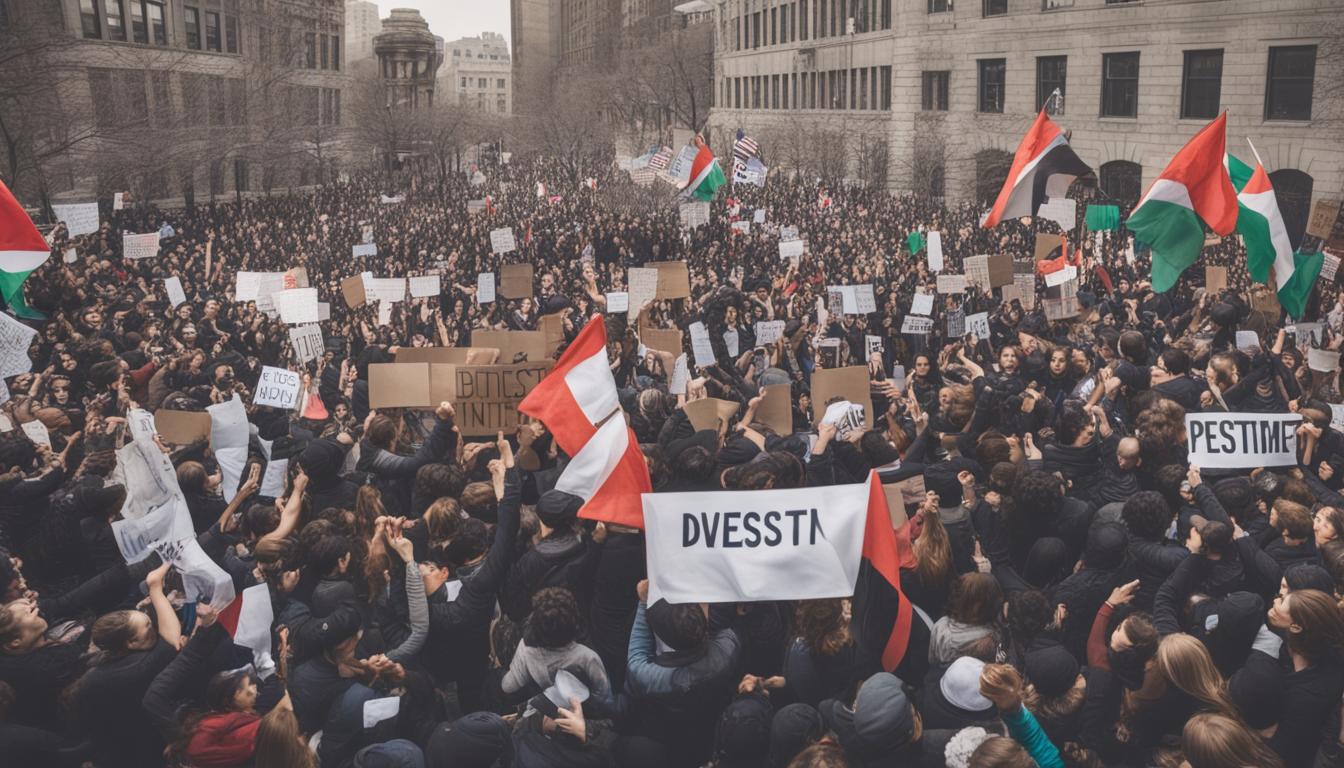Negotiations between Columbia University and pro-Palestinian student protesters collapse, leading to nationwide protests and a broader discussion on academic freedoms and campus security.
Negotiations between Columbia University and pro-Palestinian student protesters over the university’s investments in Israel have failed, leading to heightened tensions and widespread protests across U.S. college campuses. Columbia University President Minouche Shafik confirmed the breakdown of discussions, amidst growing demands for the university to divest from companies linked to Israel’s military actions in Gaza. Despite this, Shafik announced that Columbia would continue its current investment strategy and called for protesters to disperse, especially with upcoming graduation ceremonies in mind.
The escalation of protests has resulted in over 900 arrests nationwide, with recent police action arresting 200 individuals over a single weekend. This surge in demonstrations has spread to other institutions such as Yale University and the Massachusetts Institute of Technology, becoming a significant aspect of a broader anti-war movement among Generation Z students, reminiscent of 1968’s activism.
This student-driven activism has led to an investigation by Columbia’s senate into allegations against Shafik and her administration for potential violations of protocols and academic freedom. Notably, House Speaker Mike Johnson has also weighed in, criticizing the university’s handling of the situation and suggesting Shafik should resign if unable to restore order.
The protests have sparked serious safety concerns on campuses, with reports of harassment towards both Jewish and pro-Palestinian students. At Columbia, Jewish student protesters highlighted the non-antisemitic nature of their demonstrations, focusing instead on promoting peace and opposing specific government policies.
Amidst these developments, some campus events have been affected, including the cancellation of a commencement ceremony at the University of Southern California due to the unrest. As protests continue, they foreground complex debates surrounding activism, freedom of expression, and security in the academia during ongoing global conflicts.













